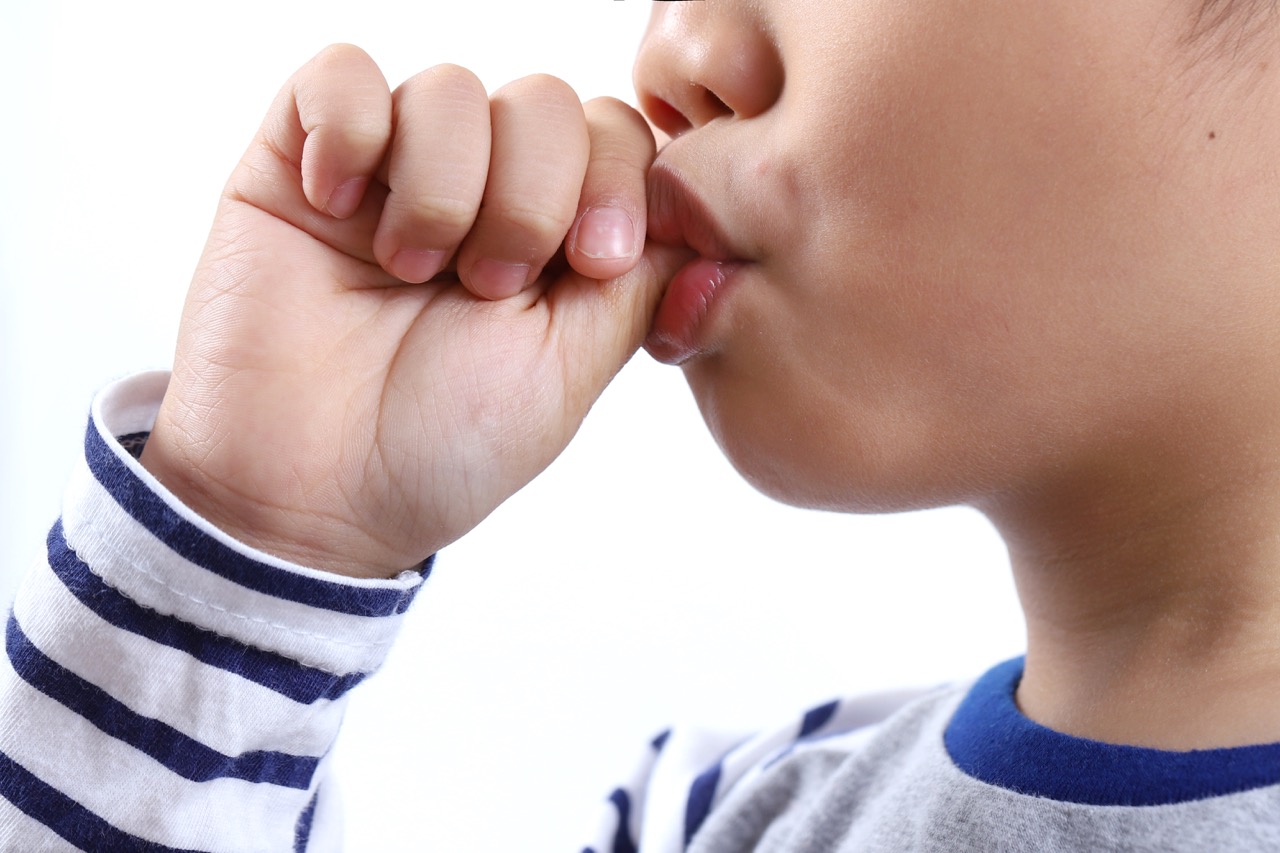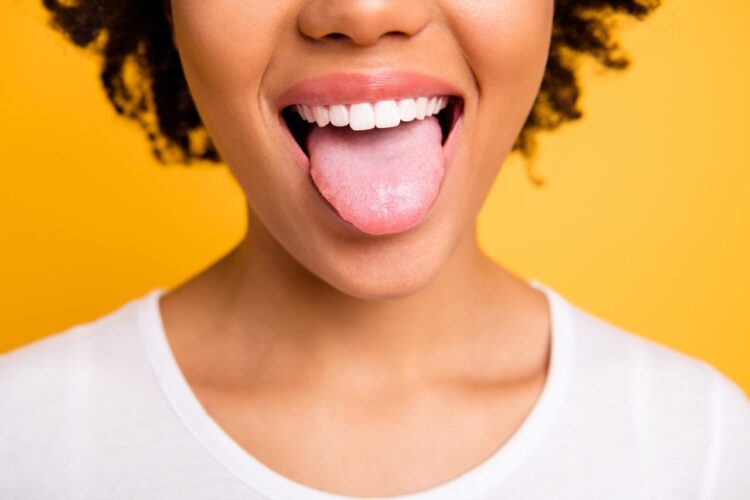If you’re a parent or caregiver to children, you’ve probably dealt with thumb-sucking at some point. It’s a common habit for children and usually stops on its own. However, if your child continues to suck their thumb past the age of five, it can start to affect their oral health. In this blog post, we will discuss the effects of thumb-sucking on oral health and give you tips on how to stop it!
Why Children Suck Their Thumbs
Children suck their thumbs for a variety of reasons. Some do it for comfort, others because it is part of their natural rooting and suckling reflex, and some because it helps them to fall asleep. “Thumb-sucking” is a general term, as some children suck other fingers; regardless, the reasons and potential side effects for oral health are the same.
Some babies stop the habit as young as six months, while other children continue into toddlerhood. Regardless, a child could pick it back up again at any time.
When Thumb-Sucking Might Be a Problem
In the early years, thumb-sucking doesn’t pose too much of a problem for overall oral health in children. However, once teeth start to break through the gums, thumb, and finger sucking can disrupt alignment.
Additionally, it can lead to an overbite or open bite. Thumb sucking can also make it difficult for your child to speak correctly. With a thumb constantly introducing germs into the mouth, it can increase the risk of cavities and irritate the skin around the mouth. Not to mention that the finger itself can become calloused and dry, prone to bleeding or infection.
What’s an Overbite?
An overbite is when the teeth are directed out, toward the lips. It causes misalignment to the upper teeth, and when the mouth is closed the top teeth rest over the bottom teeth instead of touching top-to-top.
What’s Open Bite?
A formal term for an open bite is malocclusion. In this instance, thumb sucking has caused a misaligned bite between the upper and lower teeth. Quite literally, there is an opening due to the regular presence of a thumb or finger in the mouth. Malocclusion can also be hereditary, not necessarily caused by thumb-sucking or pacifier use.
How to Stop Thumb-Sucking in Children
If you’re concerned about the effects of thumb-sucking on your child’s oral health, there are a few things you can do to help them stop.
The first step is to talk with your child about the habit. Are they doing it out of boredom? Is the habit a way of soothing themselves to sleep? Do they suck their thumb when they’re nervous in social situations? If you can better understand why your child is thumbing their thumb, it may guide you to use a certain method for stopping it.
Positive Reinforcement
The Mayo Clinic suggests using positive reinforcement when your child isn’t sucking their thumb. This could include praise, stickers, or small toys to acknowledge that they’re not engaging in the familiar habit of self-soothing. The rewards you offer should be related to bite-sized goals your child can work toward achieving- such as a certain number of hours without sucking their thumb.
Stop It Before It Starts
If you know your child is prone to popping their thumb in their mouth at bedtime, see if you can stop the behavior before it starts by offering other methods of comfort. Maybe extra stories, cuddles, or a new lovey could replace thumb-sucking as a bedtime ritual.
You can also try to make it difficult for them to suck their thumb by putting a Band-Aid on it or covering it with a sock. Finally, if all else fails, you can consult with a dentist or orthodontist about getting a specialized mouthguard to help your child stop creating strong suction when sucking their thumb.
Above all else, it’s important to be gentle when trying to stop the thumb-sucking habit. If talking with your child yourself isn’t getting you anywhere, try a visit to the dentistry team at Timpanogos Pediatrics. Our staff might be able to help by having a conversation with your little one and showing them how their mouth is affected.





